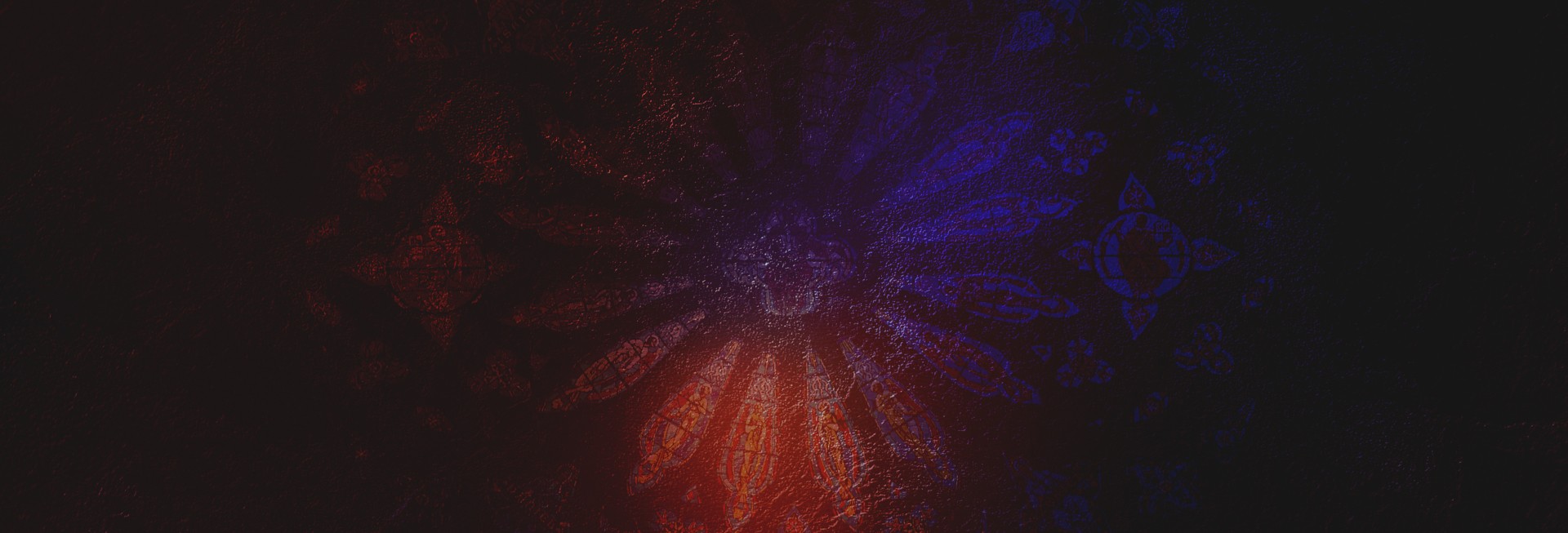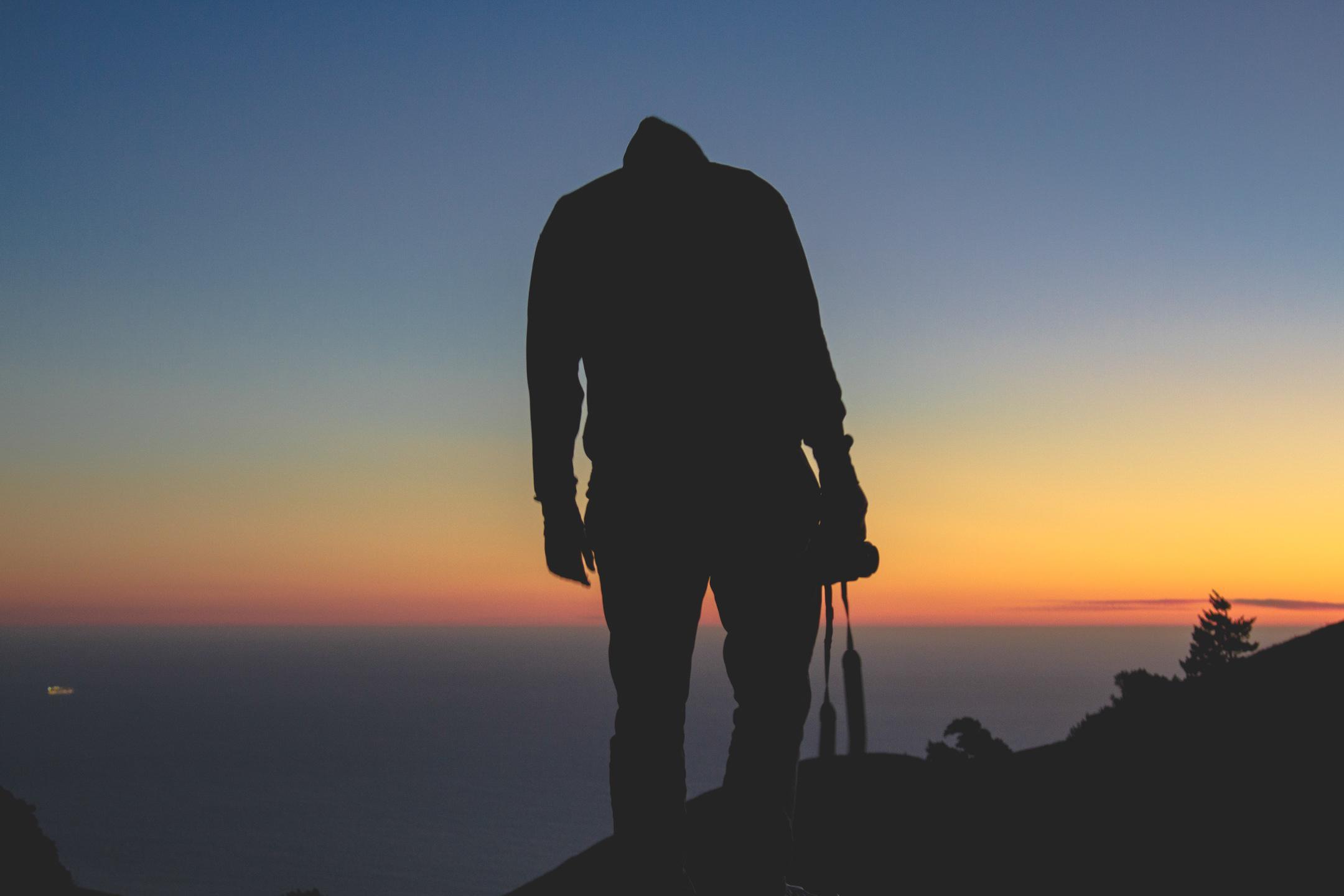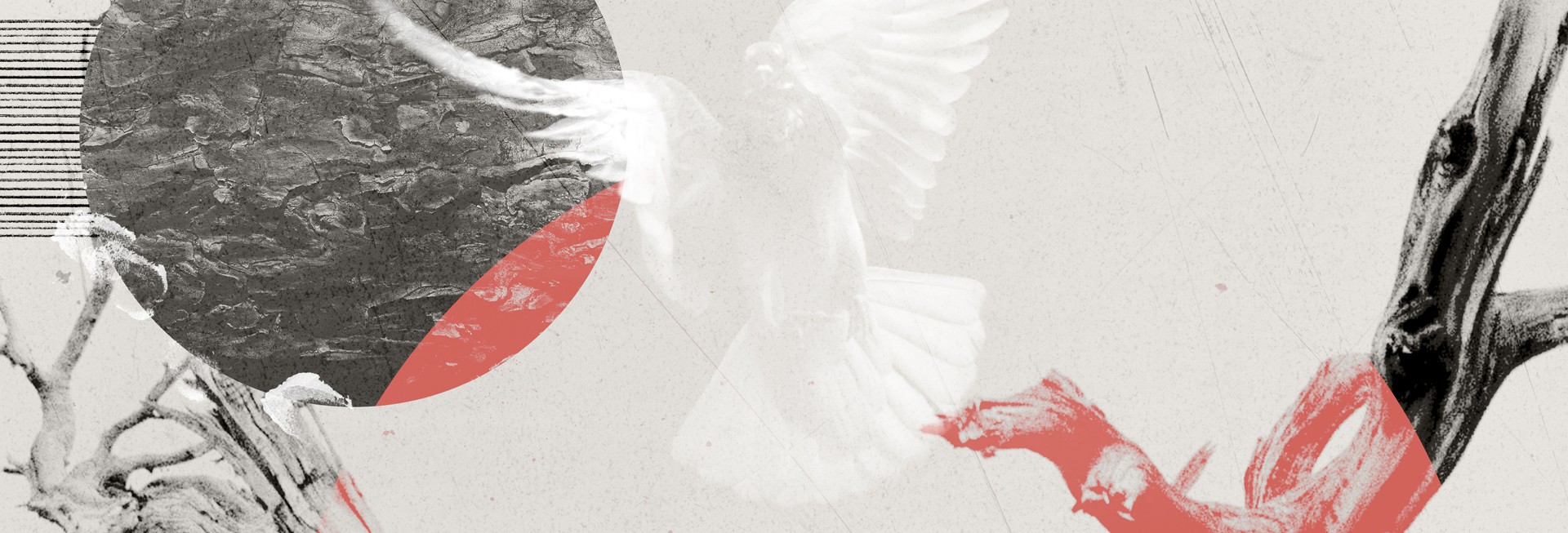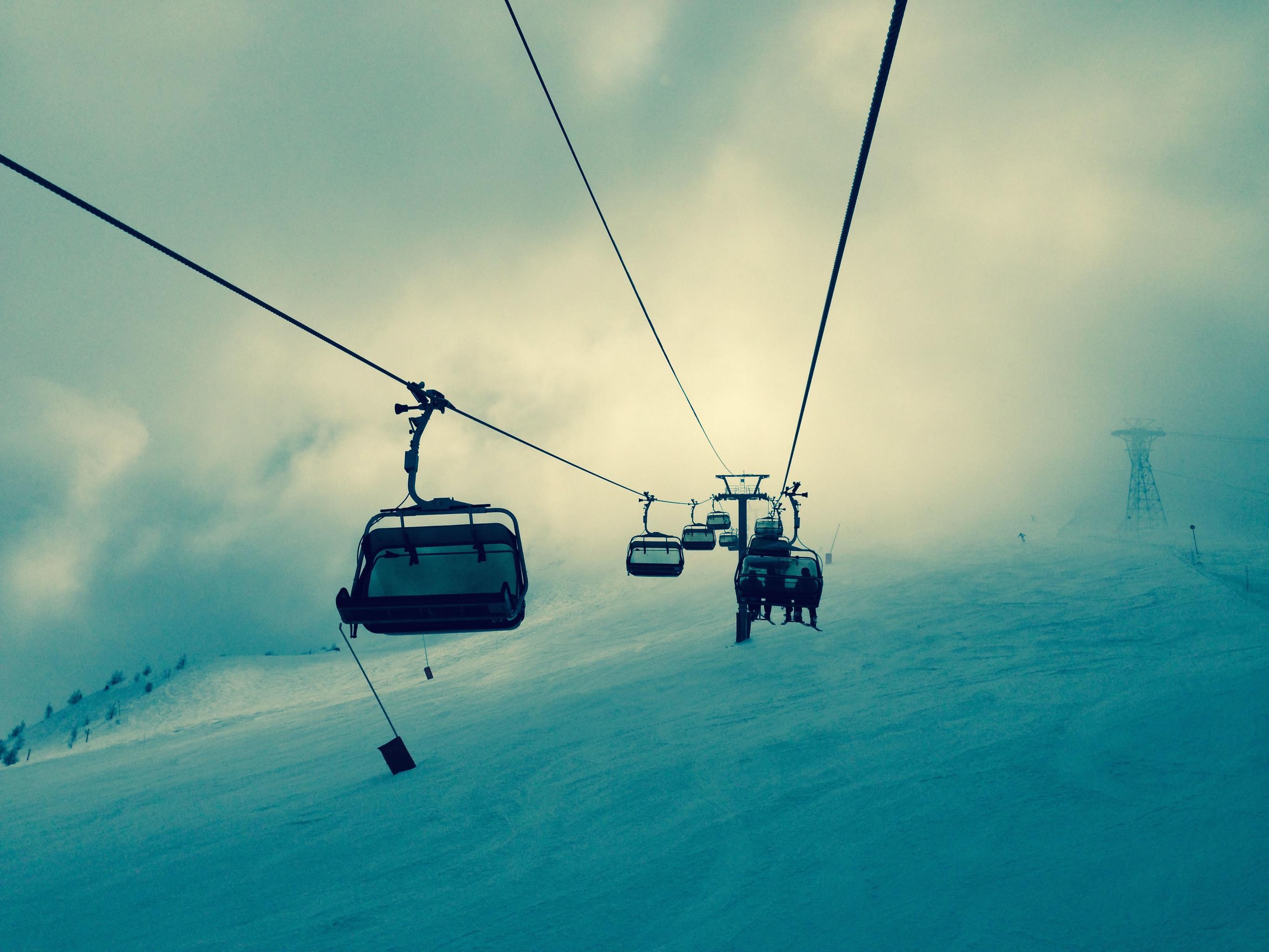

widget
[prayercloud]

and more news
Posted on Dec 8, 2015 by admin in General |

more news and things and stuff and a thing and something and something elsen

A New Blog Post
Posted on Jul 24, 2015 by admin in General |


Newsletter 08 and other things that should make this two line.
Posted on May 12, 2015 by admin in General |

The morning broke in bitter silver along the grey and level plain; and almost as it did so Turnbull and MacIan came out of a low, scrubby wood on to the empty and desolate flats. They had walked all night.
They had walked all night and talked all night also, and if the subject had been capable of being exhausted they would have exhausted it. Their long and changing argument had taken them through districts and landscapes equally changing. They had discussed Haeckel upon hills so high and steep that in spite of the coldness of the night it seemed as if the stars might burn them. They had explained and re-explained the Massacre of St. Bartholomew in little white lanes walled in with standing corn as with walls of gold. They had talked about Mr. Kensit in dim and twinkling pine woods, amid the bewildering monotony of the pines. And it was with the end of a long speech from MacIan, passionately defending the practical achievements and the solid prosperity of the Catholic tradition, that they came out upon the open land.
MacIan had learnt much and thought more since he came out of the cloudy hills of Arisaig. He had met many typical modern figures under circumstances which were sharply symbolic; and, moreover, he had absorbed the main modern atmosphere from the mere presence and chance phrases of Turnbull, as such atmospheres can always be absorbed from the presence and the phrases of any man of great mental vitality. He had at last begun thoroughly to understand what are the grounds upon which the mass of the modern world solidly disapprove of her creed; and he threw himself into replying to them with a hot intellectual enjoyment.
“I begin to understand one or two of your dogmas, Mr. Turnbull,” he had said emphatically as they ploughed heavily up a wooded hill. “And every one that I understand I deny. Take any one of them you like. You hold that your heretics and sceptics have helped the world forward and handed on a lamp of progress. I deny it. Nothing is plainer from real history than that each of your heretics invented a complete cosmos of his own which the next heretic smashed entirely to pieces. Who knows now exactly what Nestorius taught? Who cares? There are only two things that we know for certain about it. The first is that Nestorius, as a heretic, taught something quite opposite to the teaching of Arius, the heretic who came before him, and something quite useless to James Turnbull, the heretic who comes after. I defy you to go back to the Free-thinkers of the past and find any habitation for yourself at all. I defy you to read Godwin or Shelley or the deists of the eighteenth century of the nature-worshipping humanists of the Renaissance, without discovering that you differ from them twice as much as you differ from the Pope. You are a nineteenth-century sceptic, and you are always telling me that I ignore the cruelty of nature. If you had been an eighteenth-century sceptic you would have told me that I ignore the kindness and benevolence of nature. You are an atheist, and you praise the deists of the eighteenth century. Read them instead of praising them, and you will find that their whole universe stands or falls with the deity. You are a materialist, and you think Bruno a scientific hero. See what he said and you will think him an insane mystic. No, the great Free-thinker, with his genuine ability and honesty, does not in practice destroy Christianity. What he does destroy is the Free-thinker who went before. Free-thought may be suggestive, it may be inspiriting, it may have as much as you please of the merits that come from vivacity and variety. But there is one thing Free-thought can never be by any possibility—Free-thought can never be progressive. It can never be progressive because it will accept nothing from the past; it begins every time again from the beginning; and it goes every time in a different direction. All the rational philosophers have gone along different roads, so it is impossible to say which has gone farthest. Who can discuss whether Emerson was a better optimist than Schopenhauer was pessimist? It is like asking if this corn is as yellow as that hill is steep. No; there are only two things that really progress; and they both accept accumulations of authority. They may be progressing uphill and down; they may be growing steadily better or steadily worse; but they have steadily increased in certain definable matters; they have steadily advanced in a certain definable direction; they are the only two things, it seems, that ever canprogress. The first is strictly physical science. The second is the Catholic Church.”
“Physical science and the Catholic Church!” said Turnbull sarcastically; “and no doubt the first owes a great deal to the second.”
“If you pressed that point I might reply that it was very probable,” answered MacIan calmly. “I often fancy that your historical generalizations rest frequently on random instances; I should not be surprised if your vague notions of the Church as the persecutor of science was a generalization from Galileo. I should not be at all surprised if, when you counted the scientific investigations and discoveries since the fall of Rome, you found that a great mass of them had been made by monks. But the matter is irrelevant to my meaning. I say that if you want an example of anything which has progressed in the moral world by the same method as science in the material world, by continually adding to without unsettling what was there before, then I say that there is only one example of it. And that is Us.”
“With this enormous difference,” said Turnbull, “that however elaborate be the calculations of physical science, their net result can be tested. Granted that it took millions of books I never read and millions of men I never heard of to discover the electric light. Still I can see the electric light. But I cannot see the supreme virtue which is the result of all your theologies and sacraments.”
“Catholic virtue is often invisible because it is the normal,” answered MacIan. “Christianity is always out of fashion because it is always sane; and all fashions are mild insanities. When Italy is mad on art the Church seems too Puritanical; when England is mad on Puritanism the Church seems too artistic. When you quarrel with us now you class us with kingship and despotism; but when you quarrelled with us first it was because we would not accept the divine despotism of Henry VIII. The Church always seems to be behind the times, when it is really beyond the times; it is waiting till the last fad shall have seen its last summer. It keeps the key of a permanent virtue.”
“Oh, I have heard all that!” said Turnbull with genial contempt. “I have heard that Christianity keeps the key of virtue, and that if you read Tom Paine you will cut your throat at Monte Carlo. It is such rubbish that I am not even angry at it. You say that Christianity is the prop of morals; but what more do you do? When a doctor attends you and could poison you with a pinch of salt, do you ask whether he is a Christian? You ask whether he is a gentleman, whether he is an M.D.—anything but that. When a soldier enlists to die for his country or disgrace it, do you ask whether he is a Christian? You are more likely to ask whether he is Oxford or Cambridge at the boat race. If you think your creed essential to morals why do you not make it a test for these things?”
“We once did make it a test for these things,” said MacIan smiling, “and then you told us that we were imposing by force a faith unsupported by argument. It seems rather hard that having first been told that our creed must be false because we did use tests, we should now be told that it must be false because we don’t. But I notice that most anti-Christian arguments are in the same inconsistent style.”
“That is all very well as a debating-club answer,” replied Turnbull good-humouredly, “but the question still remains: Why don’t you confine yourself more to Christians if Christians are the only really good men?”
“Who talked of such folly?” asked MacIan disdainfully. “Do you suppose that the Catholic Church ever held that Christians were the only good men? Why, the Catholics of the Catholic Middle Ages talked about the virtues of all the virtuous Pagans until humanity was sick of the subject. No, if you really want to know what we mean when we say that Christianity has a special power of virtue, I will tell you. The Church is the only thing on earth that can perpetuate a type of virtue and make it something more than a fashion. The thing is so plain and historical that I hardly think you will ever deny it. You cannot deny that it is perfectly possible that tomorrow morning, in Ireland or in Italy, there might appear a man not only as good but good in exactly the same way as St. Francis of Assisi. Very well, now take the other types of human virtue; many of them splendid. The English gentleman of Elizabeth was chivalrous and idealistic. But can you stand still here in this meadow and be an English gentleman of Elizabeth? The austere republican of the eighteenth century, with his stern patriotism and his simple life, was a fine fellow. But have you ever seen him? have you ever seen an austere republican? Only a hundred years have passed and that volcano of revolutionary truth and valour is as cold as the mountains of the moon. And so it is and so it will be with the ethics which are buzzing down Fleet Street at this instant as I speak. What phrase would inspire the London clerk or workman just now? Perhaps that he is a son of the British Empire on which the sun never sets; perhaps that he is a prop of his Trades Union, or a class-conscious proletarian something or other; perhaps merely that he is a gentleman when he obviously is not. Those names and notions are all honourable; but how long will they last? Empires break; industrial conditions change; the suburbs will not last for ever. What will remain? I will tell you. The Catholic Saint will remain.”
“And suppose I don’t like him?” said Turnbull.
“On my theory the question is rather whether he will like you: or more probably whether he will ever have heard of you. But I grant the reasonableness of your query. You have a right, if you speak as the ordinary man, to ask if you will like the saint. But as the ordinary man you do like him. You revel in him. If you dislike him it is not because you are a nice ordinary man, but because you are (if you will excuse me) a sophisticated prig of a Fleet Street editor. That is just the funny part of it. The human race has always admired the Catholic virtues, however little it can practise them; and oddly enough it has admired most those of them that the modern world most sharply disputes. You complain of Catholicism for setting up an ideal of virginity; it did nothing of the kind. The whole human race set up an ideal of virginity; the Greeks in Athene, the Romans in the Vestal fire, set up an ideal of virginity. What then is your real quarrel with Catholicism? Your quarrel can only be, your quarrel really only is, that Catholicism has achieved an ideal of virginity; that it is no longer a mere piece of floating poetry. But if you, and a few feverish men, in top hats, running about in a street in London, choose to differ as to the ideal itself, not only from the Church, but from the Parthenon whose name means virginity, from the Roman Empire which went outwards from the virgin flame, from the whole legend and tradition of Europe, from the lion who will not touch virgins, from the unicorn who respects them, and who make up together the bearers of your own national shield, from the most living and lawless of your own poets, from Massinger, who wrote the Virgin Martyr, from Shakespeare, who wrote Measure for Measure—if you in Fleet Street differ from all this human experience, does it never strike you that it may be Fleet Street that is wrong?”
“No,” answered Turnbull; “I trust that I am sufficiently fair-minded to canvass and consider the idea; but having considered it, I think Fleet Street is right, yes—even if the Parthenon is wrong. I think that as the world goes on new psychological atmospheres are generated, and in these atmospheres it is possible to find delicacies and combinations which in other times would have to be represented by some ruder symbol. Every man feels the need of some element of purity in sex; perhaps they can only typify purity as the absence of sex. You will laugh if I suggest that we may have made in Fleet Street an atmosphere in which a man can be so passionate as Sir Lancelot and as pure as Sir Galahad. But, after all, we have in the modern world erected many such atmospheres. We have, for instance, a new and imaginative appreciation of children.”
“Quite so,” replied MacIan with a singular smile. “It has been very well put by one of the brightest of your young authors, who said: ‘Unless you become as little children ye shall in no wise enter the kingdom of heaven.’ But you are quite right; there is a modern worship of children. And what, I ask you, is this modern worship of children? What, in the name of all the angels and devils, is it except a worship of virginity? Why should anyone worship a thing merely because it is small or immature? No; you have tried to escape from this thing, and the very thing you point to as the goal of your escape is only the thing again. Am I wrong in saying that these things seem to be eternal?”
And it was with these words that they came in sight of the great plains. They went a little way in silence, and then James Turnbull said suddenly, “But I cannot believe in the thing.” MacIan answered nothing to the speech; perhaps it is unanswerable. And indeed they scarcely spoke another word to each other all that day.
September 2016
34 – Righteousness
Sep 13, 2016 | by Right P 01 | series: Right S 01
34 – Righteousness
Sep 13, 2016 | by Left P 01 | series: Left S 01
33 – The Displeasure of Jesus
Sep 13, 2016 | by Preacher 01 | series: Series 01


 Subscribe to sermon Podcast RSS
Subscribe to sermon Podcast RSS